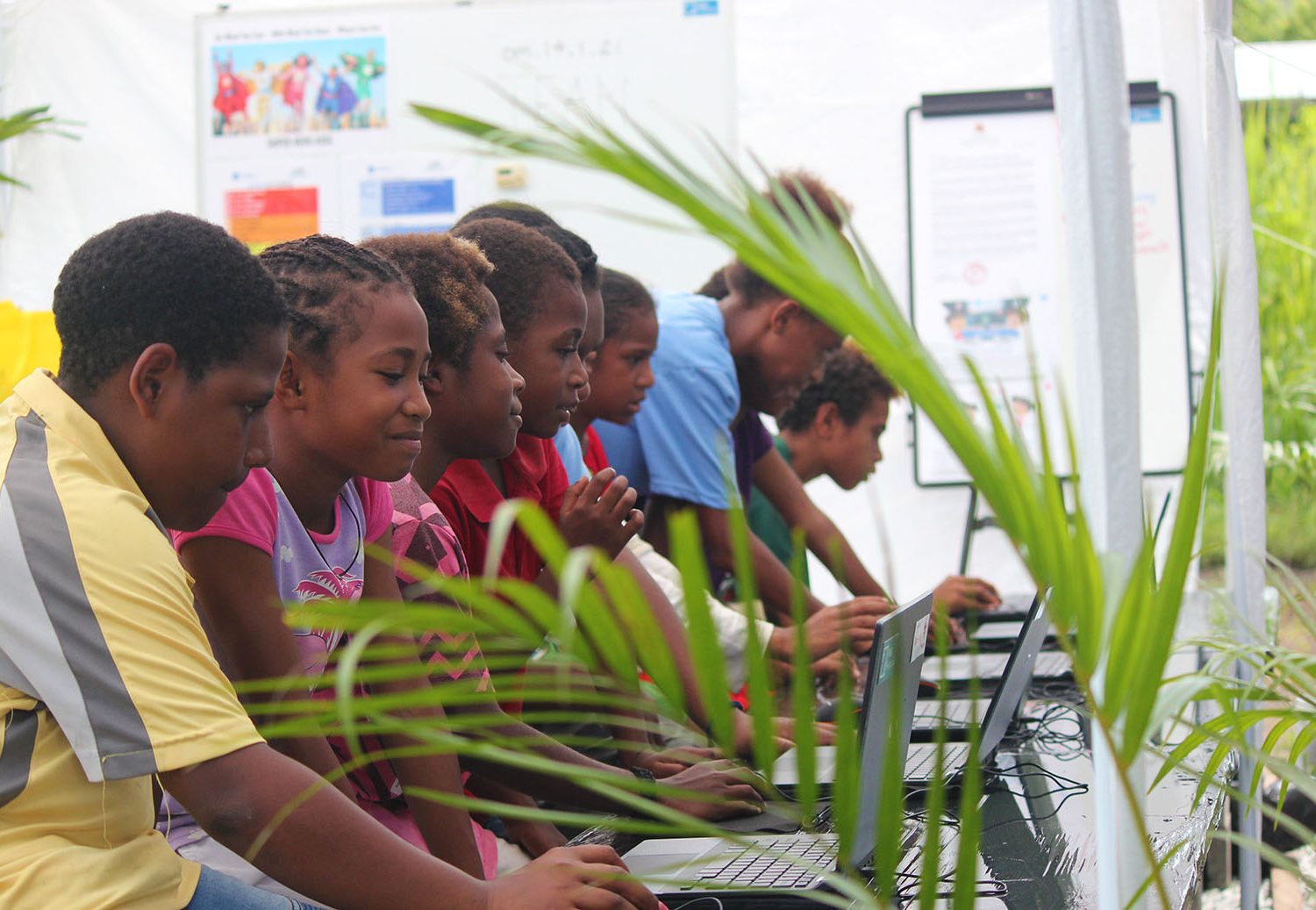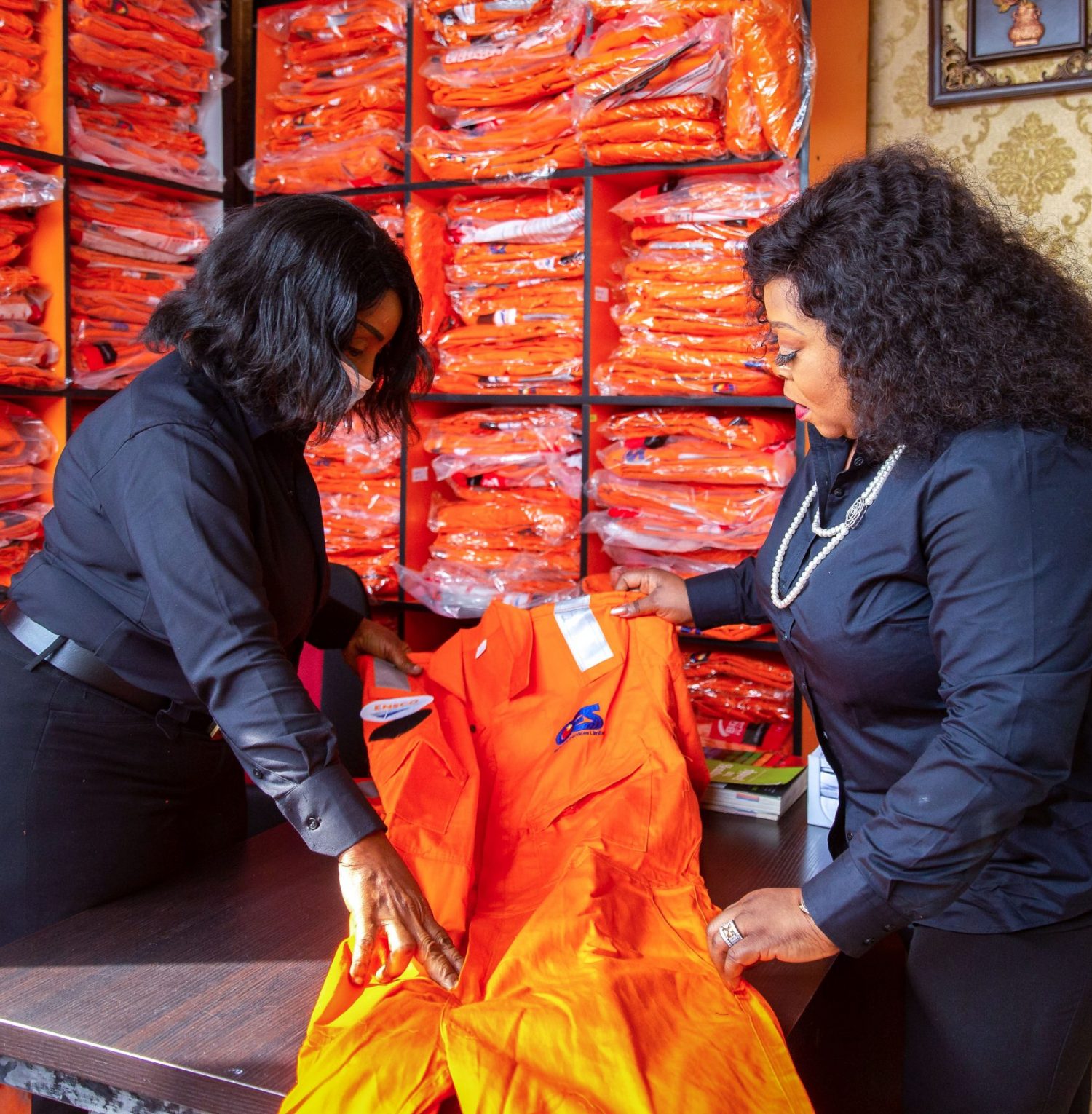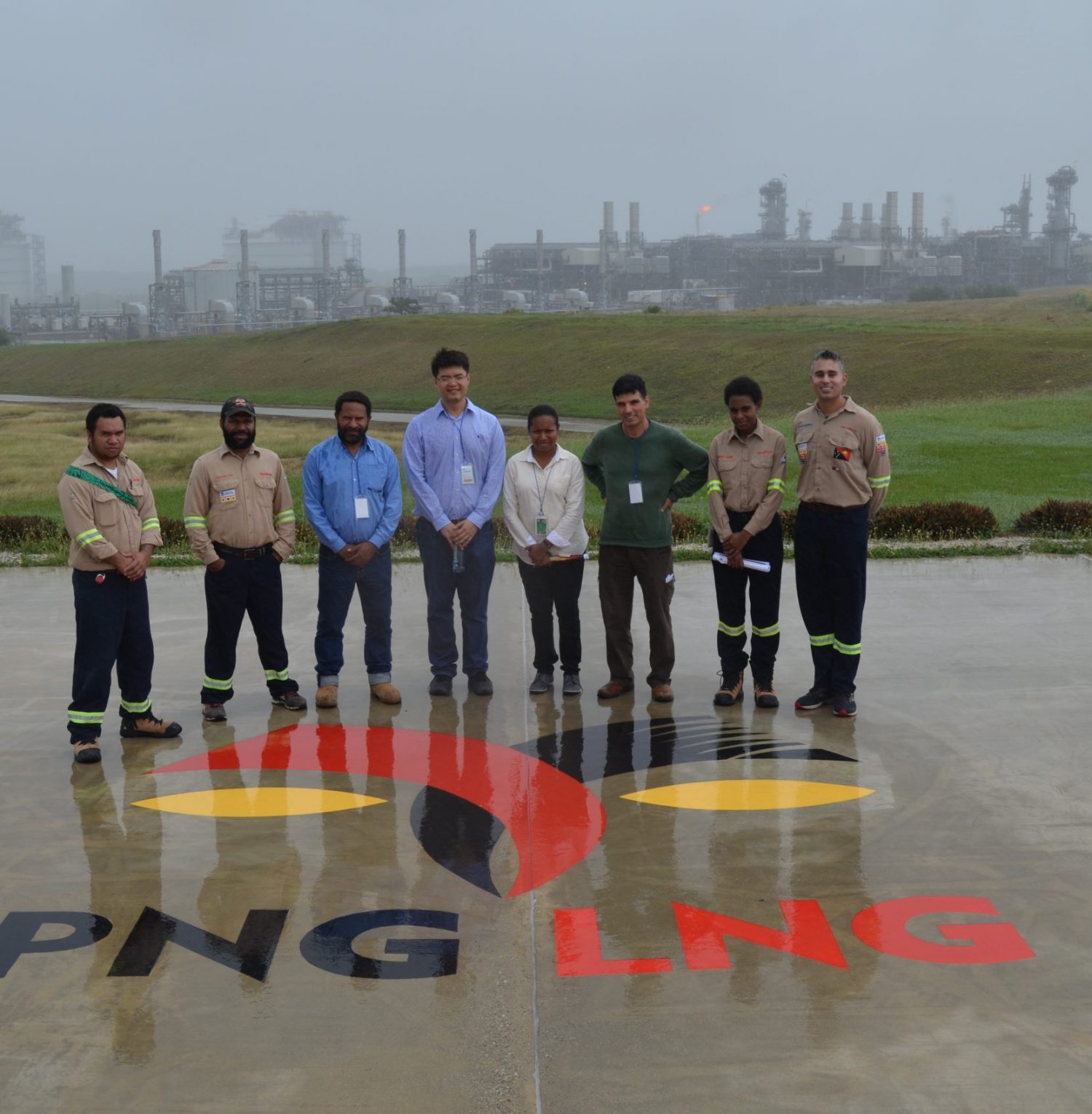Education is going sky high in Papua New Guinea as students get hands-on with the next level of digital education.
PNG Flying Labs, a non-governmental organisation, has been developed to give Papua New Guinean students in Port Moresby and remote regions the experience they need for jobs in the new digital economy.
It comes as a Deloitte report finds that PNG is facing a shortage of people with digital competencies, but a high percentage of young people with “a strong digital savviness” and confidence there exists the opportunity to build the country’s knowledge and capabilities.
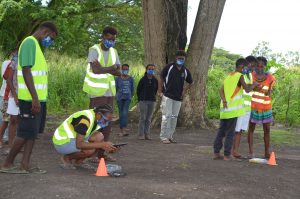
Children were taught how to operate drones and the science that goes behind flying them.
Run under the theme of ‘breaking barriers’, a series of three-week workshops gives these young students the digital tools and capabilities they’ll need in their future careers, providing team-building training, and demonstrating the importance of well-being and problem-solving skills through hands-on computer game coding, robot building and piloting drones.
Flying Labs says their aim is to “create a future where technological tools are used for social good” through developing digital literacy.
It’s timely, as the Papua New Guinea University of Technology becomes the home for the ITU, the United Nation’s information technology arm’s, digital transformation centre , one of only three centres in Asia Pacific. These centres are part of a global UN network aimed at helping people develop their digital skills and participate in the digital economy.
The country has also connected to regional high-speed internet, via the 4700 kilometre long 40 Terabytes per second Coral Sea Cable, thanks to a joint partnership involving the Australian Government, PNG DataCo, and the Solomon Islands Submarine Cable Company.
PNG’s Madang region is connected to Australia’s internet network via a cable that piggybacks on ExxonMobil’s PNG LNG pipeline.
World Bank research expects that improved internet access and digital skills could grow the Pacific’s GDP by around US$ 5 billion and create an extra 300,000 new jobs by 2040, with most of these gains in PNG.
ExxonMobil PNG workers have also played their part in helping to build a technological foundation for the next generation, volunteering their time and expertise to help transfer their skills and experiences with Flying Labs to prepare these young students for an increasingly digital workplace.
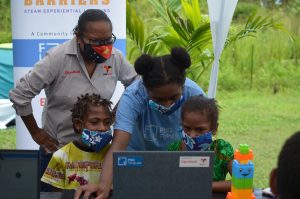
Children in PNG were shown how to code to help prepare them for the increasingly digitising economy of the future.
“Without ExxonMobil PNG’s assistance and endorsement from Councillor George Pote Girisa, we would not have been able to train and provide experience for these children – especially young girls – to this science, technology, engineering and mathematics (STEM)-based program,” PNG Flying Labs cofounder Sophia-Joy Soli said.
“We are also grateful for EMPNG volunteers visiting our classes to share their professional experience with our young participants.”
ExxonMobil PNG said its workers play a critical role in inspiring students.
“Motivating our students to value their education is a driver that we need here in Papua New Guinea,” ExxonMobil PNG’s Public Policy Manager, Sam Koyama, said.
He added that it was crucial to use programs like this to encourage digital skills growth in the country.
“It is everyone’s responsibility to not just learn but pass their learning on to others in our respective communities.”
More than 5,000 Papua New Guinean students have taken part in ExxonMobil PNG’s Science Ambassador Program since 2013, with program volunteers visiting almost 100 classrooms across the country to inspire and drive PNG’s next generation of STEM leaders.
